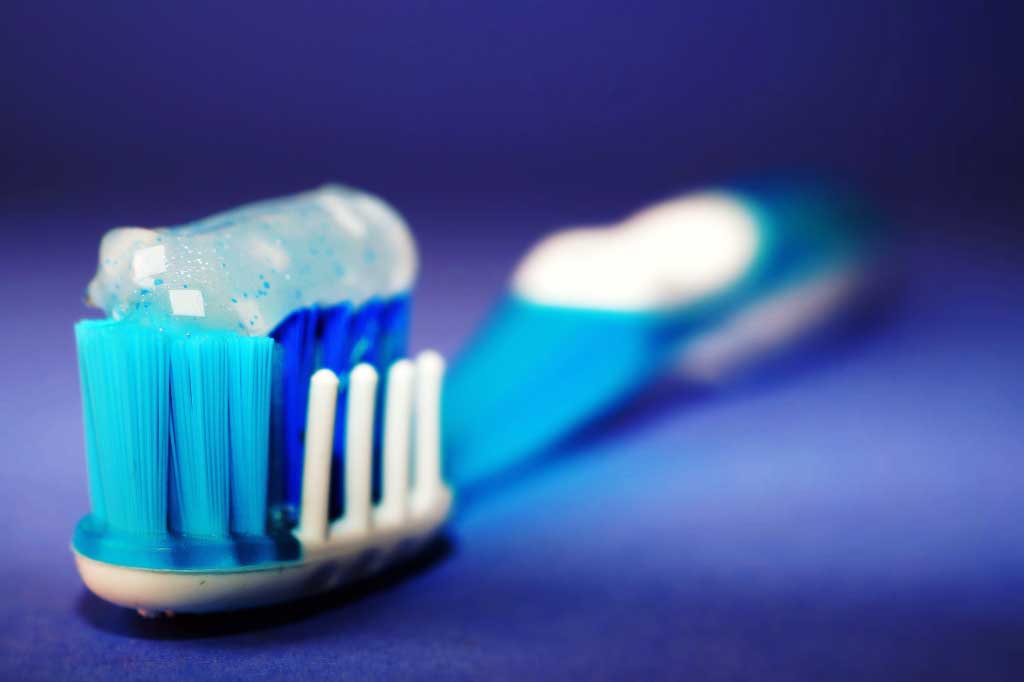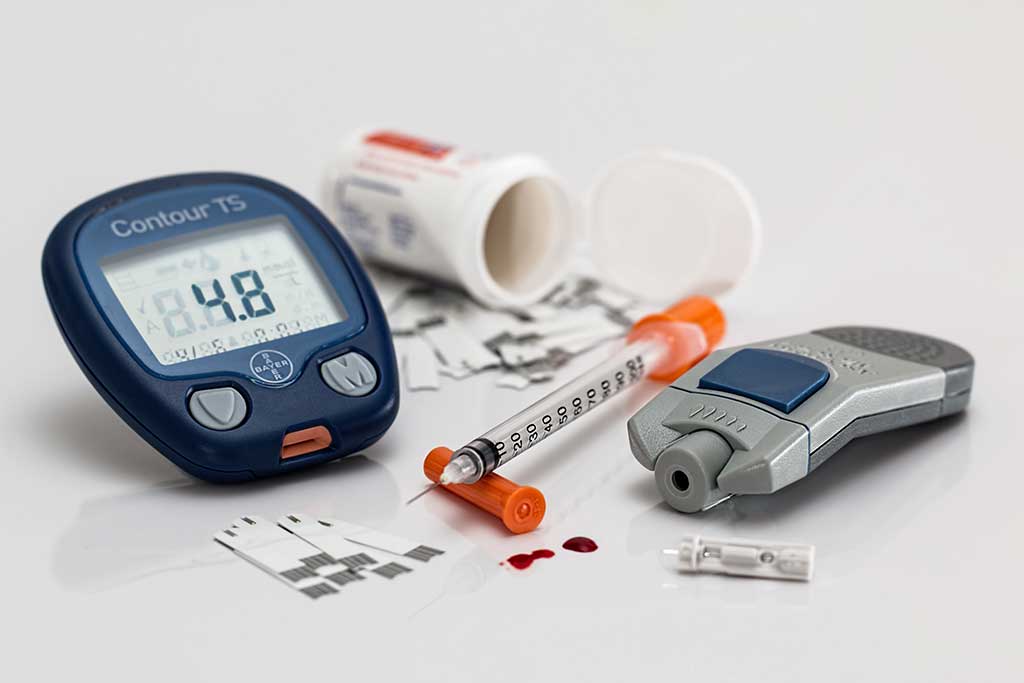People with type 2 diabetes should 'save carbs for last', study claims
Diabetes
Diabetics should save bread for last at mealtime to keep their blood sugar under control the Mail Online reports. A small study found that people with type 2 diabetes who saved their carbohydrates until the end of their meal were less likely to experience a sudden raise in their blood sugar levels.
"Diabetics should save bread for last at mealtime to keep their blood sugar under control," the Mail Online reports. A small study found that people with type 2 diabetes who saved their carbohydrates until the end of their meal were less likely to experience a sudden rise in their blood sugar (glucose) levels. The medical term for this spike in blood sugar levels is postprandial hyperglycaemia.
Postprandial hyperglycaemia is best avoided as not only can it make the day-to-day symptoms of diabetes worse, it has also been linked to an increased risk of developing cardiovascular disease.
It has been suggested that leaving carbohydrates until the end of a meal could slow the emptying of the stomach and give it a chance to digest the protein and vegetables first, which could help prevent a blood glucose spike. The researchers wanted to see whether this was true.
This study included just 16 people who ate the foods of their meal in different orders to test which order was most effective at lowering blood sugar and related hormones. They either ate carbohydrates first, carbohydrates last, or all nutrients together at the same time.
The researchers generally found that consuming carbohydrates last was better at lowering blood sugar levels and insulin secretion when compared to the other ways of eating carbohydrates.
While the results are interesting, the study was far too small to form the basis of any firm medical guidance. For now, it's best to follow current advice, which is to consume a healthy diet and keep active to help you manage your blood sugar level. This will also help you control your weight and generally feel better.
Where did the story come from?
The study was carried out by US researchers from Weill Cornell Medical College, Columbia University and Boston Children's Hospital. It was funded by the Louis and Rachel Rudin Foundation Grant, and Diane and Darryl Mallah from The Diane and Darryl Mallah Family Foundation.
The study was published in the peer-reviewed BMJ Open Diabetes Research & Care. It is available on an open-access basis and can be read for free online (PDF, 404kb).
The Mail Online's coverage generalised the results to all diabetics – but the study only looked at those with type 2 diabetes. People with type 1 diabetes typically require insulin injections to keep their blood sugar levels under control.
It also presented the findings as if they were a solid recommendation, but this is not the case, especially given this was an early-stage study using a very small number of people.
What kind of research was this?
This was a randomised crossover trial that aimed to determine the best time during a meal to eat carbohydrates to lower blood glucose levels in individuals with type 2 diabetes. The researchers also wanted to explore whether changing the order in which foods were eaten during a meal had any effect on the secretion of insulin and other glucose-regulating hormones.
Previous research has suggested that saving carbohydrates until the end of the meal lowers blood glucose levels. This follows on from the notion that eating proteins at the start of a meal stimulates insulin secretion (which helps control glucose levels). However, data on this hypothesis is limited and the researchers of this study wanted to investigate this idea further.
Crossover trials such as this are often used when the sample size is very small. Each person acts as their own control, which effectively increases sample size. The study would ideally need to be conducted using a much larger sample with people randomised to consume nutrients in different orders over a longer period to compare effects.
What did the research involve?
The researchers recruited 16 people with type 2 diabetes, between the ages of 35 and 65. All the participants had a body mass index (BMI) of between 25 and 40kg/m2 (covering the range from overweight to severely obese) and had been diagnosed with diabetes within the last 10 years.
All 16 people consumed the same meal on three separate days spaced out one week apart, with each meal following a 12-hour overnight fast. The meals varied in terms of the order in which the nutrients were eaten. Participants were assigned the following meal types in random order:
- carbohydrates first, followed by protein and vegetables 10 minutes later
- protein and vegetables, followed by carbohydrates 10 minutes later
- all nutrients eaten together
Blood samples were taken before consumption, and then at 30-minute intervals up to 180 minutes. The following were measured:
- glucose levels
- insulin levels (a hormone released in response to high glucose levels)
- glucagon-like peptide-1 (GLP-1, a hormone secreted in the gut in response to food to signal the release of insulin)
- glucagon levels (a hormone released in response to low glucose levels)
All participants were instructed to maintain their usual level of diet and physical activity during the full study period.
What were the basic results?
The following was observed:
- When carbohydrate was consumed last, lower levels of insulin were secreted (24.8% lower than the meal with carbohydrates first), which would suggest a smaller spike in glucose. There was no significant difference between eating carbohydrates last and having all nutrients together.
- Consistent with this, glucose levels were 53.8% and 40.4% lower in the meal with carbohydrates last compared to having carbohydrates first and all nutrients together, respectively.
- The GLP-1 levels were higher in people who ate carbohydrates last.
- Glucagon levels were not significantly different between the three meal conditions.
How did the researchers interpret the results?
The researchers concluded: "In this study, we demonstrated that the temporal sequence of carbohydrate ingestion during a meal has significant impact on postprandial glucose regulation. These findings confirm and extend results from our previous pilot study; the inclusion of a third nutrient order condition, a sandwich, had intermediate effects on glucose excursions compared with carbohydrates last versus carbohydrates first."
Conclusion
This crossover trial investigated the optimal time to eat carbohydrates during a meal to lower blood glucose levels in individuals with type 2 diabetes. It generally found that consuming carbohydrates last was better at lowering glucose levels and reducing insulin secretion when compared to having carbohydrates first or all nutrients together.
The researchers say that suggesting people with type 2 diabetes follow this advice may be an effective behavioural strategy to improve glucose levels after meals.
Although the findings are interesting, there are a few points to note:
- Most importantly, this study was very small. A study using a much larger sample could give completely different results. Ideally the findings would need to be verified in a well-designed trial that randomised a much larger number of people with type 2 diabetes to consume their nutrients in a specific order, and then followed their response to this pattern over a longer period of time.
- There may be other factors affecting individual responses to the order of carbohydrate consumption – for example, the level of physical activity was not standardised across all participants. Again this is another factor that would need to be controlled in a larger trial.
- We are all different – and saving carbohydrates until the end of a meal may only be effective for some people with type 2 diabetes, and not others.
- The findings cannot be applied to people with type 1 diabetes.
These findings may pave the way for further research through larger trials, which in time may result in a change in the current recommendations for meal consumption for people with type 2 diabetes.
However, they have no current implications. For now, a healthy diet and keeping active will help you manage your blood sugar level. This will also help you control your weight and generally feel better.






 Subscribe
Subscribe Ask the doctor
Ask the doctor Rate this article
Rate this article Find products
Find products






